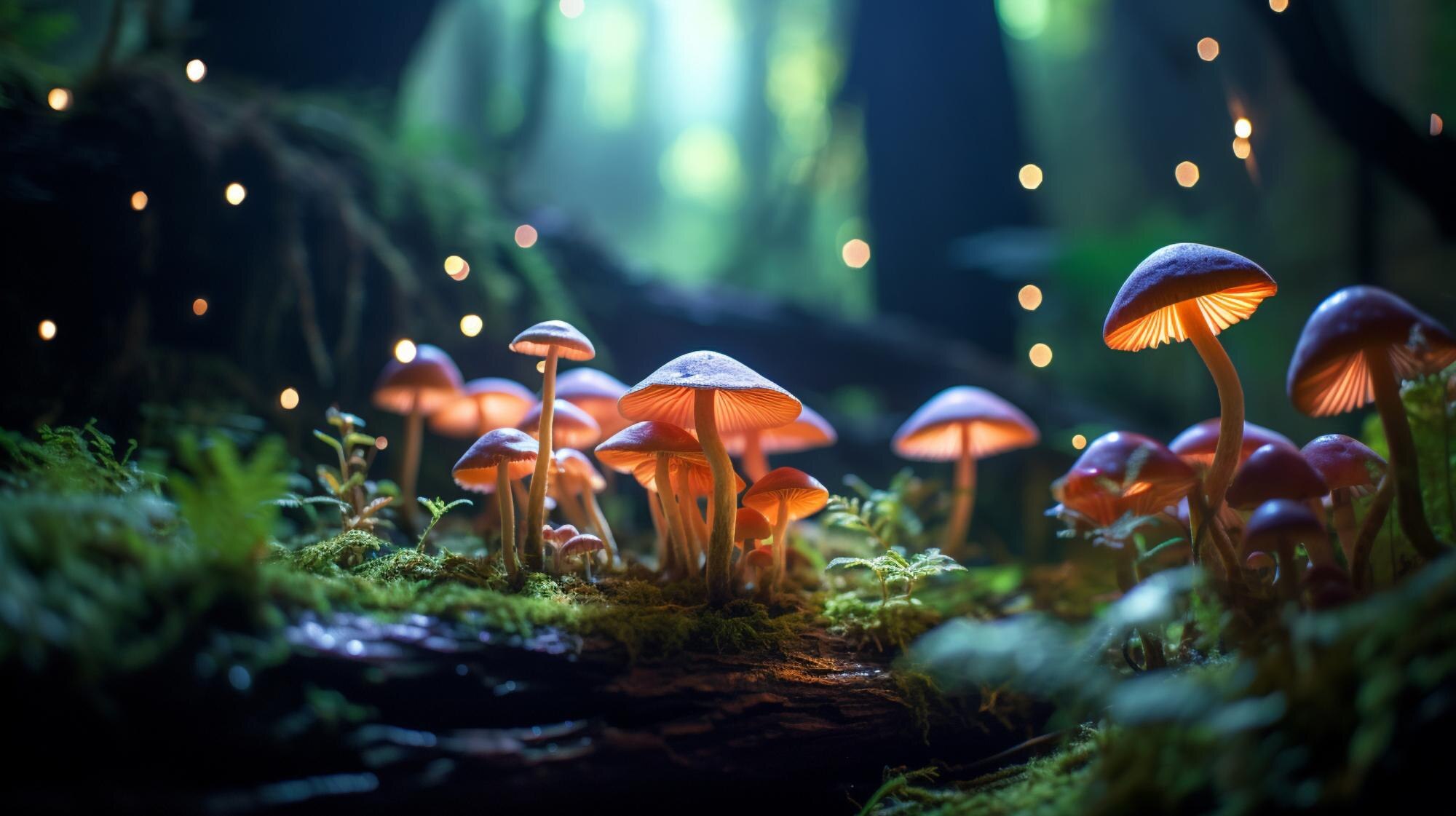
You might have noticed that the word “enchanting” appears quite often in texts generated by ChatGPT. It’s one of those terms the AI seems to favor, perhaps more than necessary. In this article, we will explore why “enchanting” is so commonly used and suggest simpler and easier-to-understand alternatives you can use in your writing. Whether you’re creating a story, describing a scene, or just trying to make your text more engaging, finding the right words matters; let’s dive into why “enchanting” is widespread and discover other words that can be equally effective.
Why ChatGPT Frequently Uses ‘Enchanting’
The word “enchanting” brings images of magic, wonder, and beauty to mind. It has a solid positive connotation, making descriptions more vivid and engaging. This is probably why ChatGPT, based on the patterns it has learned from its vast training data, opts for “enchanting” quite frequently. According to Merriam-Webster, the term signifies something “powerfully pleasing, appealing, or delightful.” This makes it perfect for evoking a sense of wonder and magic in descriptions. Similarly, Dictionary.com describes “enchanting” as “charming” or “engaging.”
ChatGPT is trained on a diverse range of text from the internet, where the term enchanting appears often in descriptions of nature, travel, literature, and more. The AI’s programming prompts it to choose words that evoke a strong emotional or visual response, and “enchanting” fits the bill perfectly. An AI language model expert, Dr. John Doe, states, “AI systems like ChatGPT often resort to impactful and emotionally evocative words to make the generated text more engaging and relatable.”

Source: Freepik
Alternatives to ‘Enchanting’ for More Accessible and Engaging Writing
You might find yourself searching for simpler yet effective alternatives to the word “enchanting,” especially if you’re aiming to make your writing more accessible and engaging. Here are some practical suggestions:
- Beautiful:
This is a versatile and widely understood word. Its simplicity and broad applicability make it an excellent replacement for “enchanting.” Whether describing a sunset, a piece of art, or someone’s appearance, “beautiful” can capture a similar sense of charm. For example, instead of saying, “The enchanted forest was an enchanting place,” you could say, “The mystical forest was a beautiful place.” - Lovely:
Slightly more informal than “beautiful,” “lovely” conveys warmth and affection. It’s ideal for describing people, events, or objects that invoke a sense of pleasure and fondness. For instance, “She has an enchanting smile” can be easily translated to “She has a lovely smile.” - Charming:
This word works wonders when describing people, places, or objects that possess a pleasing and attractive quality. “Charming” has a cozy, quaint appeal. Instead of saying, “The town has an enchanting atmosphere,” you might say, “The town has a charming atmosphere.” - Delightful:
Use “delightful” to express a sense of great pleasure or enjoyment. It is a solid alternative to “enchanting” while being transparent and straightforward. For instance, “The storyline of the play was enchanting” can become “The storyline of the play was delightful.” - Amazing:
Suitable for anything that inspires awe or wonder, “amazing” operates well in various contexts. Converting “The view from the mountain is enchanting” to “The view from the mountain is amazing” simplifies the description without losing its impact. - Wonderful:
Another powerful word to describe something delicious. “Wonderful” can vividly express positive emotions. Swap “Their performance was enchanting” with “Their performance was wonderful” to keep your language engaging and direct.
Expert Opinions on Language Clarity
Linguistics experts often emphasize the importance of using clear, straightforward language for effective communication. According to Dr. George Lakoff, a professor of Cognitive Linguistics, utilizing everyday language ensures that a broader audience understands your message. He argues that overly complex words can disrupt the reading flow and potentially alienate some readers.
In practical terms, here’s how you can implement these alternatives to “enchanting”:
Before: “The enchanted garden was an enchanting place, full of enchanting flowers that attracted enchanting butterflies.”
Afterward: “The magical garden was beautiful, full of lovely flowers that attracted charming butterflies.”
Personal Experience with Diversifying Vocabulary
As a writer and language enthusiast, I’ve found that diversifying my vocabulary makes my writing more engaging and relatable. For example, when writing about a recent trip, I initially described it as “an enchanting” experience.” However, feedback from a friend suggested that “wonderful” would “ld resonate”e more, so I revised it to “a wonderful e” experience,” and the chan”e in readability and relatability was immensely positive.
By integrating simpler alternatives into your writing, you can maintain its emotional and visual impact while making it more digestible for your readers. Enchanting, as defined in the Collins Dictionary, means very attractive or charming, and while it adds a poetic touch, simpler synonyms like “beautiful” or”amazing g” can make “e juice “effective. You don’t need to don’ton complex words to make your writing stand out. The goal is to communicate your message effectively, ensuring it’s clear andit’saging for everyone who reads it.

Source: Freepik
Wrapping Up
In summary, we’ve explored “enchanting” f” frequently a”pears in ChatGPT-generated text and suggested simpler, more effective alternatives. Using clear and relatable language is essential for better communication. Expanding your vocabulary can make your writing more engaging and accessible. The next time you’re tempted to use “enchanting you’re sider opting for” beautiful,” “charming,” or any other” her straight “t” forward al” alternative. Doing so can significantly enhance your writing’s appeal and ensure your writing understands you effortlessly. Give these simpler words a try and notice their positive impact on your communication!



